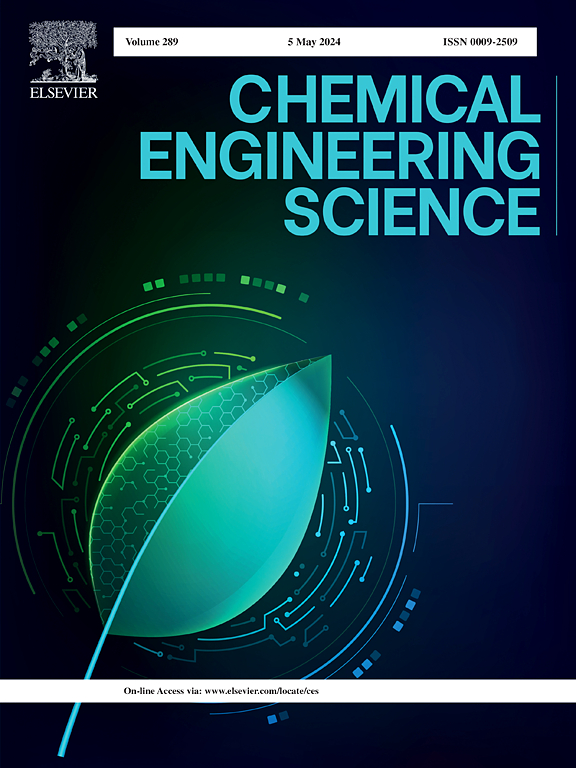Catalytic Enhancement of potassium aluminosilicates on Petroleum coke Gasification: Role of molar ratios and free potassium in KAlSi2O6
IF 4.1
2区 工程技术
Q2 ENGINEERING, CHEMICAL
引用次数: 0
Abstract
Aluminosilicates derived from the interaction between alkali metals in biomass and silicate-aluminum minerals affect the gasification reactivity of petroleum coke (PC) during their co-gasification. To study the formation of active aluminosilicates and their catalytic mechanism on PC gasification, different potassium aluminosilicates were precisely synthesized using KOH, Al2O3, and SiO2 under simulated gasification conditions. The results show that when the molar ratio of K/(Al + Si) ≥ 0.481, Al/Si ≥ 1, KAlSiO4 is the main mineral, and KAlSi3O8 is formed when K/(Al + Si) ≤ 0.048, Al/Si < 1, respectively. Both of these two aluminosilicates have little influence on PC gasification. Conversely, when K/(Al + Si)≈1/3, Al/Si < 1, KAlSi2O6 is mainly formed and can significantly improve gasification reactivity. The carbon conversion of PC is enhanced by up to twofold with the addition of 30 %KAlSi2O6-based compounds at 1100 ℃. It is believed that the presence of free potassium in KAlSi2O6 molecular structure is the key to its better catalytic activity. The possible catalytic mechanism is also proposed.求助全文
约1分钟内获得全文
求助全文
来源期刊

Chemical Engineering Science
工程技术-工程:化工
CiteScore
7.50
自引率
8.50%
发文量
1025
审稿时长
50 days
期刊介绍:
Chemical engineering enables the transformation of natural resources and energy into useful products for society. It draws on and applies natural sciences, mathematics and economics, and has developed fundamental engineering science that underpins the discipline.
Chemical Engineering Science (CES) has been publishing papers on the fundamentals of chemical engineering since 1951. CES is the platform where the most significant advances in the discipline have ever since been published. Chemical Engineering Science has accompanied and sustained chemical engineering through its development into the vibrant and broad scientific discipline it is today.
 求助内容:
求助内容: 应助结果提醒方式:
应助结果提醒方式:


